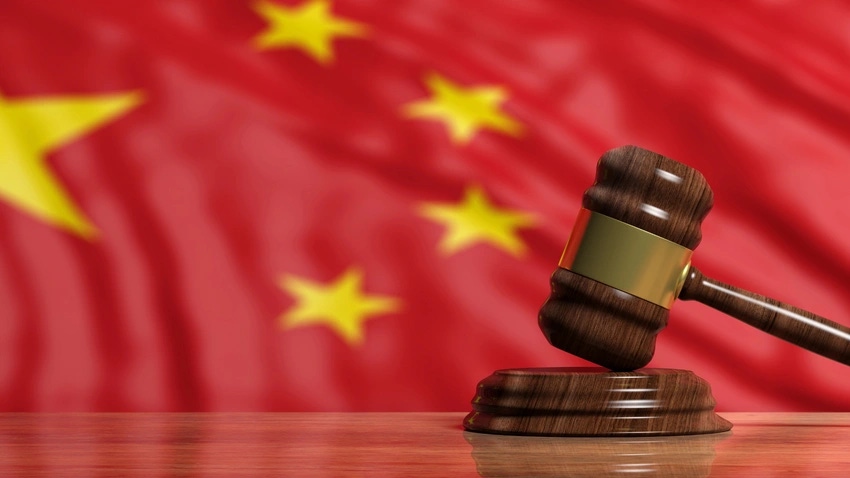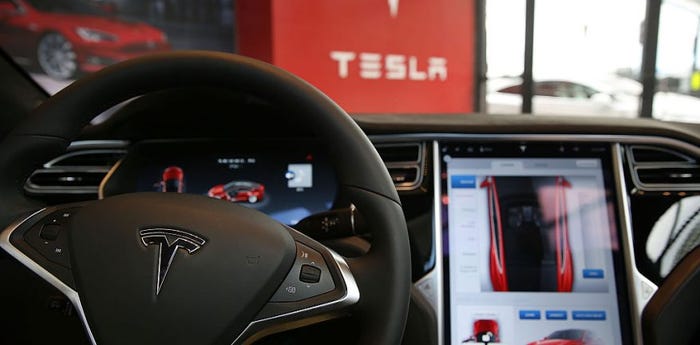Chinese Court’s Landmark Ruling: AI Images Can be Copyrighted
The case centered around the appropriation of AI-generated images of a Japanese schoolgirl

A Chinese court has awarded copyright protection to AI-generated images in a landmark ruling.
The Beijing Internet Court ruled this week that a set of AI-generated images possessed "originality” and reflected human creative intellectual input – and should be recognized as works protected by copyright law.
The court ruled that because it was a human being who set the relevant parameters for the AI model and ultimately selected the image in question, the final output is directly generated based on their intellectual input and “reflects the plaintiff's personalized expression.”
The ruling is in stark contrast to the stance of Western courts, which thus far have rejected copyright protection for AI-generated images due to the lack of human authorship.
Angela Zhang, a law professor at the University of Hong Kong, said on X (Twitter) that the ruling means China is adopting “a pro-growth, business-friendly stance in its AI regulation.”
While the popular perception is that China is stringently controlling generative AI, the truth is quite the opposite, she wrote in an October op-ed for Project Syndicate. China did come out early with strict regulations on generative AI, but they were “watered down significantly” in the final legislation, Zhang wrote. She further noted that two weeks after the interim measure took effect, the government gave eight Chinese companies, including Baidu and SenseTime, approval to launch their chatbots.
AI Image Contained ‘Intellectual Achievement’
The landmark case was brought by plaintiff Mr. Li, who used an AI model to generate an image of a Japanese school girl ‘idol’ and published it on Xiaohongshu, a Chinese social media platform akin to Instagram.
A blogger was alleged to have taken the image, generated variations and then published them without permission, which prompted Li to sue for copyright infringement.
The Beijing Internet Court sided with Li, ruling that the generated images met the requirements of "originality" and reflected a human being’s original "intellectual investment." They had intellectual input from Li as seen in the presentation of characters, choosing of the prompts and selecting of the image that met expectations.
“When people use artificial intelligence models to generate pictures … it is still essentially people using tools to create,” the court ruled.
“Artificial intelligence-generated images, as long as they can reflect people’s original intellectual investment, should be recognized as works and protected by copyright law.”
Different Direction for AI IP Law
AI images had until now failed to obtain copyright protection.
Thus far, the only instance of AI-generated images obtaining copyright protection was in the U.S., for a comic book containing AI images. But the U.S. Copyright Office later changed its decision. Artist Kris Kashtanova was able to keep copyright protection for the comic book narrative, but not the images.
In another case, U.S. courts affirmed the Copyright Office’s stance to reject copyright protection on AI-generated images. Plaintiff Stephan Thaler also sought to obtain patent protection for AI-generated inventions, but was rebuffed in the U.S., U.K. and Europe. Only South Africa has allowed an AI system to obtain patent protection – but the country’s patent rules lack a formal definition of an inventor.
This article first appeared on IoT World Today's sister site, AI Business.
Read more about:
AsiaAbout the Author(s)
You May Also Like



.png?width=700&auto=webp&quality=80&disable=upscale)
.png?width=700&auto=webp&quality=80&disable=upscale)
.png?width=300&auto=webp&quality=80&disable=upscale)
.png?width=300&auto=webp&quality=80&disable=upscale)
.png?width=300&auto=webp&quality=80&disable=upscale)
